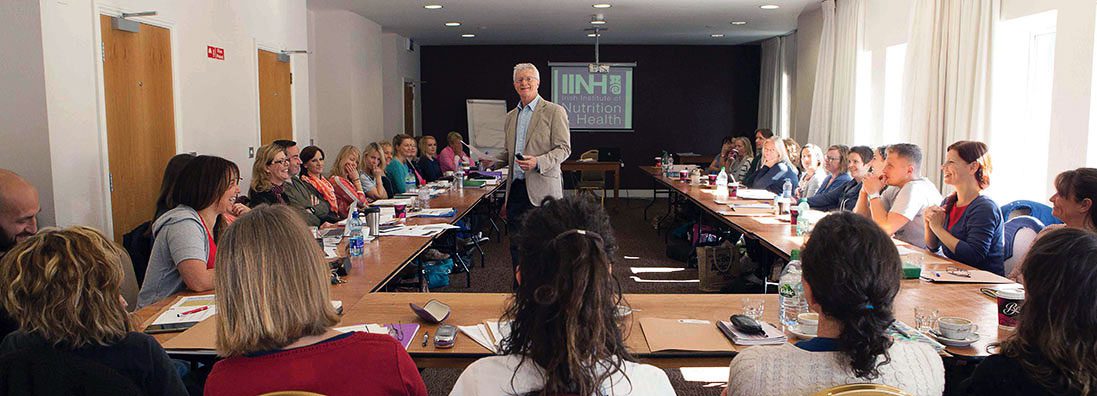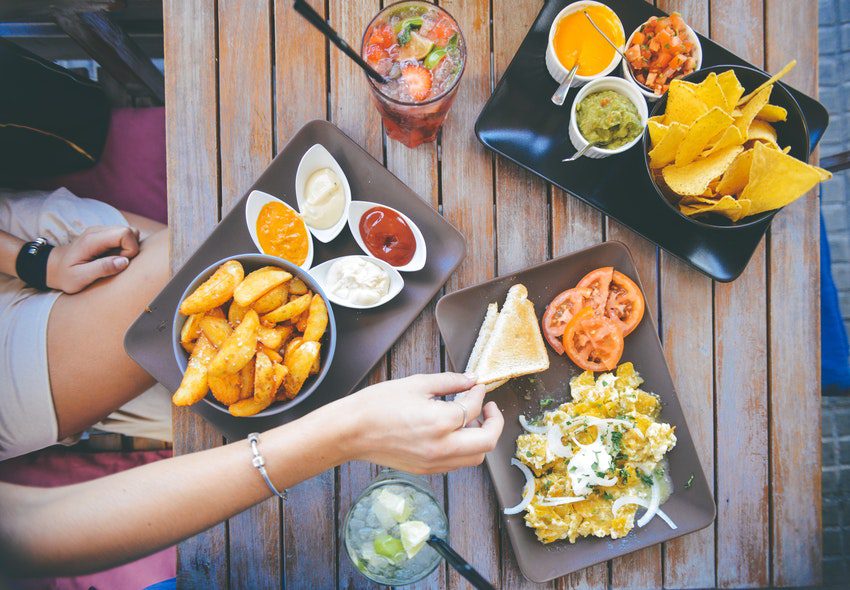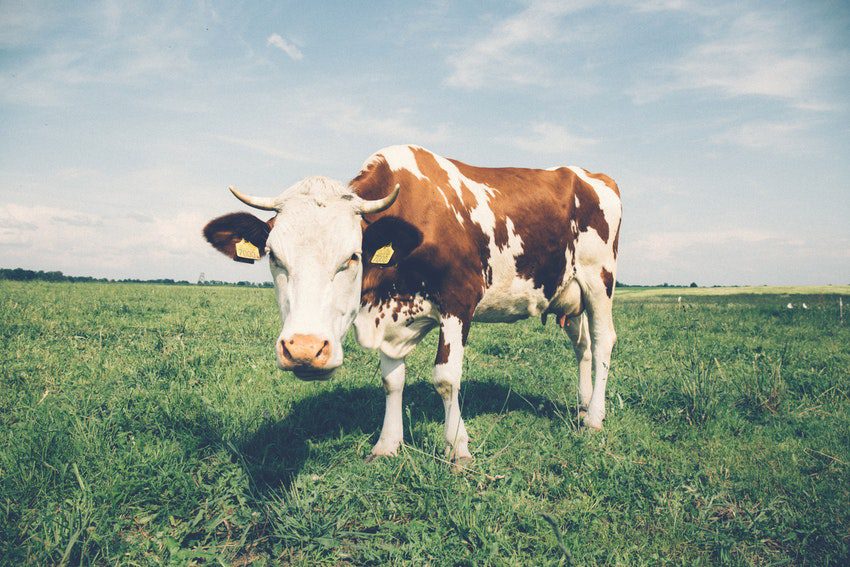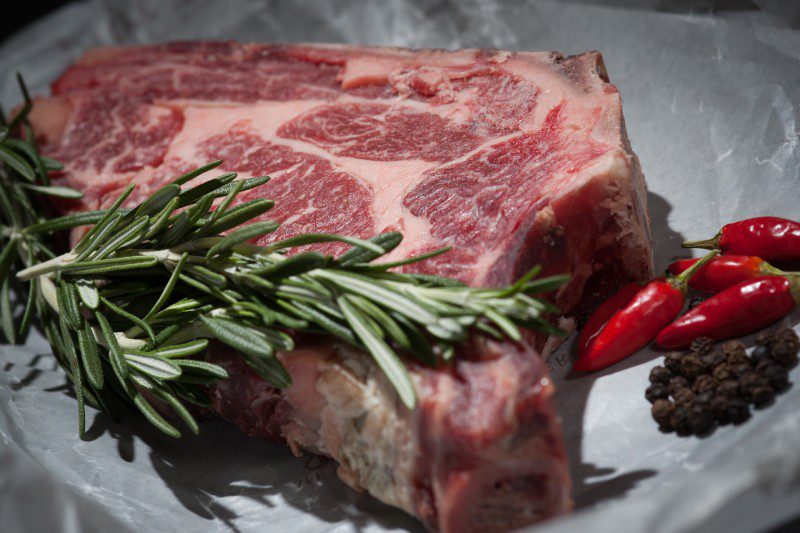At an open event last week for our Coaching course starting in September, someone said her husband had decided to go vegan after watching a Netflix documentary called What the Health. Another woman piped up right away – ‘so did my husband’.
The agenda of most of the recent diet documentaries seems to be all about ditching animal foods in favour of plant-based diets. Judging by all the ‘noise’ on social media, these movies are convincing lots of people to give up most or even all animal foods.
This short post is for anyone thinking about quitting animal foods. I have over 40 years experience of working one-to-one with individuals to overcome their health problems and weight issues. In that time I’ve advised and coached hundreds of vegetarians and vegans who were struggling with health issues – in some cases only since giving up animal foods.
Now, I want to say right away that I totally support people adopting plant-based eating – but only if their health does not suffer as a consequence of giving up animal foods. Case in point: my youngest daughter has never eaten meat, and I couldn’t be more happy with her choice – at 35 years of age she’s almost never been sick, and is one of the strongest, healthiest people I know.
In my clinical work, I always do my best to support vegetarians and vegans with health issues so they can continue to ‘eat without meat’. Dietary adjustments that broaden the diet, improve quality, or perhaps avoid certain items, usually do the trick. In some cases, however, it turns out that even this does not suffice to restore full health, and some food from animal sources is needed – often introducing fish and eggs is sufficient to resolve problems.
There’s no time here to discuss in detail why giving up animal foods sometimes undermines a person’s health rather than improving it, but here are some of the main problems I’ve often come across:

Possible pitfalls and how to avoid them
The diet is too narrow
The diet is too narrow, limited to a few heavily processed, nutrient-poor products, high in refined carbs
Even unprocessed plant foods have lower concentrations of most essential nutrients than animal foods, and a few vital substances are missing entirely from plants. So, a diet based on low nutrient density foods like white flour-based products, sugary drinks etc can easily result in poor health caused by deficiencies of vital nutrients, e.g. Vit B12, retinol, zinc, omega 3 fats. In my experience, junk food diets tend to cause more health problems among people who also avoid animal foods – particularly vegans.
Bottom line: Cut right down on the ‘junk’ and broaden the diet to include a wide range of plant foods, especially legumes (beans, lentils, peas), seeds and nuts, dark green leaves and sea vegetables.

The diet is too reliant on dairy
Vegetarians often see milk products as their guarantee of protein and calcium intakes. That’s fine – but only if dairy agrees with you! Very many people are sensitive to lactose, or to milk protein. Typically, the symptoms they cause (bloating, gas, other bowel issues, sinus problems etc) are dose-dependent, and if you are eating a lot of dairy to compensate for absent meat your health may be suffering. Milk itself is usually the worst offender among dairy products.
Bottom line: Cut out dairy entirely for 3 weeks and monitor any improvement in symptoms. If you feel better, re-introduce milk products slowly, starting with hard cheeses, then plain yoghurt, kefir, etc, and finally milk. Note when familiar symptoms start returning and try to keep your future dairy intake to below that level. Some people feel much better when they avoid all dairy foods completely.

The digestive system can’t handle a fully plant-based diet
Plant foods rich in fibre demand more digestive activity than animal foods. Due to individual differences, some of us simply do not have the digestive power or capacity to break down a 100% plant diet and release enough of its nutrients for absorption. This can result in widespread health problems, including with energy, skin, hair, teeth and gums, menstruation, sleep, as well as weight loss (or gain) and a host of digestive symptoms. It is sometimes claimed that because chimps and other primates live more or less as vegans, then humans should be able to, as well. But the digestive systems of primates are 30% larger than ours; their colons – where fibre-rich plant matter is digested by bacteria – are around 70% bigger. Cooked foods, however, are certainly easier to digest than raw.
Bottom line: If you eat a diverse, well balanced wholefoods-based vegetarian or vegan diet and still have problems like those mentioned above, first try cutting raw foods down (or out), relying on cooked foods. If health problems still persist after a month or so, you may need to think about including some animal foods, such as eggs, fish, cheese.

If you are looking for reliable information, advice and support to enhance your diet and health, including moving to plant-based eating, please contact us at www.iinh.net. We can direct you to a qualified Nutrition & Health Coach or Nutritional Therapist in your area.
Have you thought about qualifying as a Nutrition & Health Coach?
Contact us for information on our upcoming BTEC Advanced Diploma in Nutrition & Health Coaching training programme. This cutting-edge, part-time course runs September to May and can be studied by attendance (10 weekends), by blended learning, or fully online.











